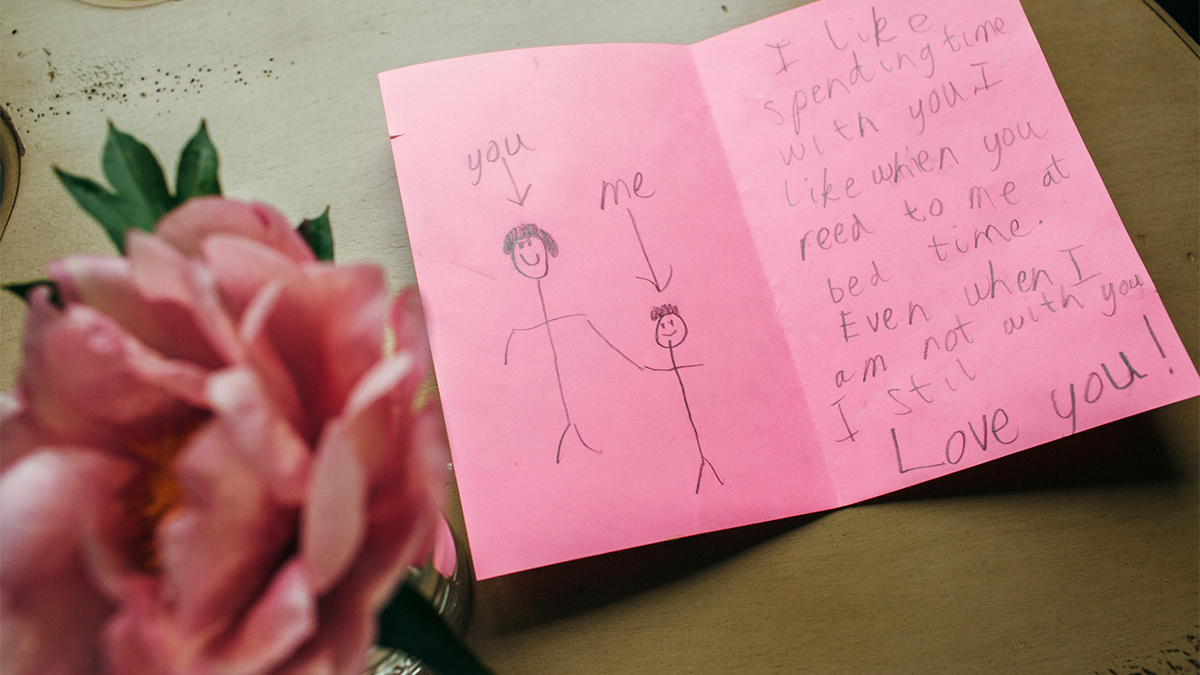Reading Time: About 4 minutes
A couple of weeks ago, I wrote a piece calling for brands to create rituals. I think I have received more comments and positive feedback on that piece than any I’ve previously published. I would love to chalk it up to my uncanny sense of prose, but the truth is that marketers and consumers alike are starving for more meaningful interactions. Brands with a purely transactional mindset are crass to consumers (especially Millennials) while disloyal consumers are the bane of the modern marketer. The ritual dimension of consumption eases both pain points.
Gift-giving is one element common to many rituals. Birthdays, Christmas, weddings, and Valentine’s Day are all examples of rituals that usually include some form of gift exchange. In a few short weeks, we will celebrate one of the gifty-est holidays of them all: Mother’s Day.
The National Retail Federation estimated that US consumers spent more than $21 billion last year on this Hallmark ritual. That works out to about $172 for each person who opts to buy one or more moms a gift. Those gifts come in many varieties, from simple greeting cards to fine jewelry and everything in between.
However, the obligation to give gifts on holidays like Mother’s Day can be a source of great stress, and that stress makes the ritual less special. The stress comes from our desire to make the gifts meaningful. We want our gifts to demonstrate our respect and our love for the woman who gave us life and raised us up. This desire for meaning leads to many challenging purchase questions. Can a bouquet of roses and a card truly capture our gratitude and admiration? How about a box of chocolates? Maybe a new car?
Perhaps you think it better to avoid material things and give mom an experience instead. Would a day at the spa better reflect your devotion to your mother? How about a day out with her, shopping and taking in a play?
Herein lies the most common challenge of gift-giving: buy a material gift or buy an experiential one? The material gift is permanent, but it may not tap the heartstrings as much as the experiential, which is fleeting but can contain more opportunity for emotional resonance.
A new study published in this month’s Journal of Consumer Research aimed to answer this question. Specifically, the study by Cindy Chan of the University of Toronto, and Cassie Mogilner of UCLA’s Anderson School of Management, sought to determine whether a material gift or an experiential gift was better at strengthening a personal relationship. Their research suggests that if you want to show your abiding affection for dear old Mom, an experiential gift is the clear way to go.
Chan and Mogilner’s research is based on four controlled experiments. In the first, 59 pairs of friends were assigned roles as either gift-giver or recipient. The givers were given a small stipend and then randomly selected to give either a material or experiential gift, with guidelines and instructions on each. Using standardized scales, recipients rated the strength of their relationship with the giver before and after receiving their gifts. While there was virtually no change in the perceived relationship status of those who received material gifts, there was a statistically significant increase in status for those who received experiential gifts. Interestingly, there was no statistical difference in how much the choice of gift affected perceptions of the giver’s thoughtfulness or of how much a recipient liked the gift itself. In other words, both material and experiential gifts can be liked and found to be thoughtful, but experiential gifts appear to be better at strengthening a personal relationship with the recipient.
In three follow-on experiments, Chan and Mogilner expanded upon their findings by standardizing the type of gift, isolating shared vs. solo experiences, and evaluating the role of emotion in both types of gift giving. In each experiment, experiential gifts consistently outperformed material gifts on building relationships. Emotion played an important role in this phenomenon, but there was no difference in the intensity of emotion felt between a material or experiential gift. Rather, recipients who consumed an experiential gift were more likely to feel emotional as a result of their gift.
Contrary to conventional wisdom, it really didn’t matter if the recipient enjoyed the gift with their gift-giver or if they consumed it on their own. The improved relationship status was the same for each condition.
Given these findings, it’s time for marketers to think bigger when it comes to the gifting of their products and services. Too many marketers are happy to create a gift card option and call it a day. Chan and Mogilner’s findings suggest a missed opportunity. It’s time to think about the journey connected to that gift card. How is it presented? How can it be personalized? The personalization dimension may be more important to the giver than the receiver, for the giver wants to be perceived as thoughtful (even though the perceived thoughtfulness of the gift may have little to no effect on the gift’s impact on the relationship with the receiver).
Finally, marketers have to ask how they can maximize the experience of gift redemption. With all the modern technology now at a brand’s disposal, we need to do a better job at flagging gifted experiences so that the recipient enjoys the highest quality of service and a memorable moment that will nourish the relationship with the giver. Restaurants figured out long ago that a group of warbling waiters singing happy birthday over candles at the end of a meal can elevate the experience to one of ritual commemoration. Why can’t we find similar inflection points on a Valentine trip to the movies or a Father’s Day trip to the golf course?
Last week, I enjoyed just such a commemorative inflection point. I recently achieved Million Mile status on Delta Air Lines. Last Tuesday, I traveled to Orlando for a conference. When the agent at my boarding gate scanned my boarding pass, she looked up and congratulated me on my millionth mile. Something on that display tipped her off. I felt a moment of appreciation and (strangely) pride. I also felt even more loyal to the airline. This is the type of brand interaction that benefits from our new understanding of gifting and personal relationships.
Meanwhile, you have 3 weeks to buy your mother a gift. May I suggest an experience.

